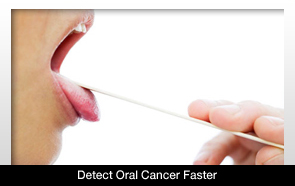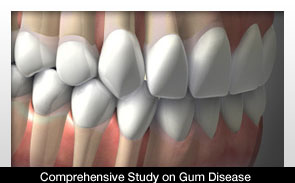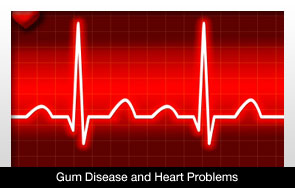Written by Dentistry TodayTuesday, 17 April 2012 15:20

It’s possible that it may take only 20 minutes to diagnose oral cancer.
The new test involves the dentist collecting stem cells from the patients’ mouths and then utilizing a computer program to analyze the diagnosis one way or the other. The whole process takes 20 minutes, light years ahead of the current methods, which include taking a biopsy and then awaiting the results from a lab. The results may not be in for roughly two to three weeks.
Researchers from the University of Sheffield in the United Kingdom and researchers from Rice University have been working on a two-year trial. If the trial is a success, the new method will first be utilized in the UK.
The test uses small sensors and biologic agents that are attached to a portable machine. The actual testing device, known as lab on a chip, is about the size of a credit card. The test can be used in dental practices, providing dentists with the opportunity to test for oral cancer at their practice. The patients wouldn’t have to be anxious about the results for a period weeks and, instead, could learn the results that day.
There are 275 people who have signed up for the trial in the UK. There were 20 of those patients that tested positive for oral cancer and didn’t know they had the disease. The current rate of survival for oral cancer (50 percent) may receive a huge increase because of this test. Early treatment of oral cancer can result in about a 90-percent survival rate.
Professor Martin Thornhill, one of the leaders of the study, thinks the test will become a standard part of dentistry in the UK during the next five years. The test is useful because it can test patients who come in for a basic dental checkup or those patients that have an ulcer, a lesion or some reason to suspect they may have oral cancer. Oral cancer can be confirmed or ruled out in a matter of minutes based on this test.


